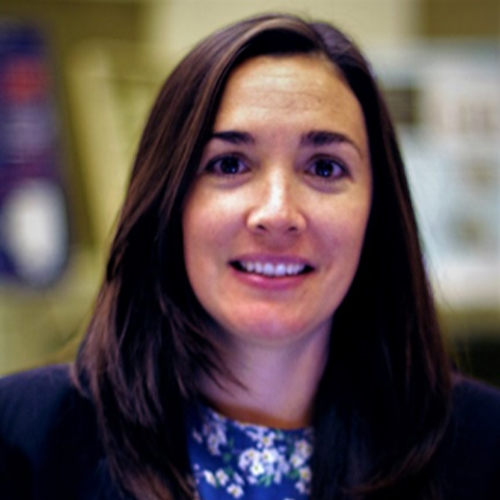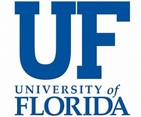A Hinkley Center supported research project
Evaluating Barriers to Adoption of Sustainable Food Waste Management
About • Team • Technical Advisory Group & Quarterly Reports
About the Project
The aim of this project is to identify barriers of adoption for two alternative food waste management options, namely anaerobic digestion and composting.
An estimated one third of all food produced for human consumption is wasted globally (FAO, 2011). In the U.S., 35 million of tons of food waste is landfilled representing a significant resource and economic loss (EPA, 2020). Composting and anaerobic digestion (AD) are two technologies that have been recognized by the U.S. EPA as being beneficial alternatives to landfilling (EPA, 2023). Compared to composting, AD offers the benefit of energy recovery in the form of renewable natural gas (RNG). However, implementation of either technology at scale requires consideration of the availability and compositional variability of the food waste feedstock, as well as understanding stakeholder perceptions and willingness to adopt. We will investigate stakeholder perceptions of these alternative food waste management strategies through survey and focus group interviews. We will also carry out experimental work to understand the compositional variability of restaurant food waste and its impact on AD and composting performance and cost.
Results from this project will be shared with the project’s Technical Advisory Group, which includes government and industry stakeholders, to support sustainable food waste management in Florida.
About • Team • Technical Advisory Group & Quarterly Reports
















